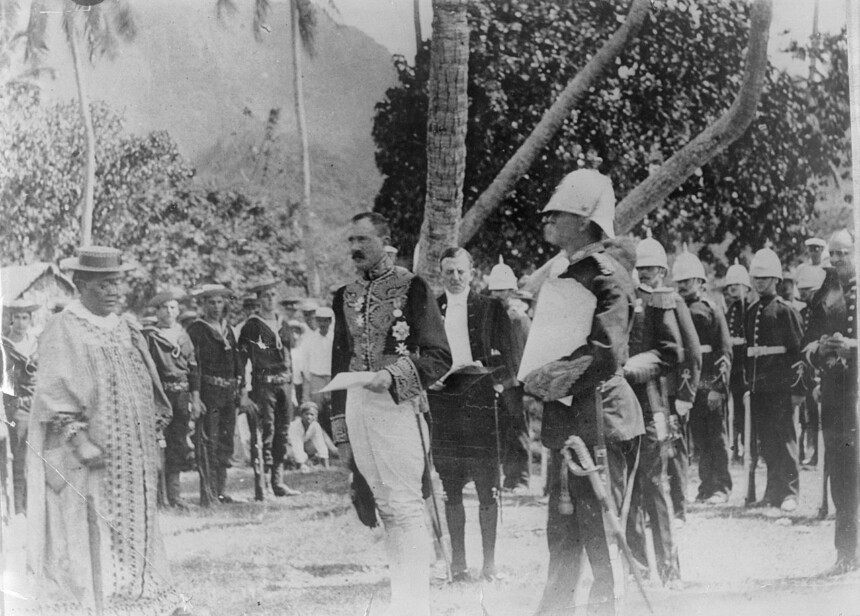Collective guilt is an invention of the Left, one of their finest. Guilt is of course
of primary concern to the individual. Chambers gives it as “the state of having done wrong; sin, sinfulness, or consciousness of it.” In the law courts guilt is charged against the individual or specific individuals, and it is tried and measured in the scales of justice. Nothing like this applies to the claims of the Left, that certain episodes of the historic past leave a nation’s inheritors with a permanent stain of wrongdoing. We are enjoined to partake in a deep sense of unproven guilt for events that occurred before our birth. This is nonsense, but is repeated as if it were divine revelation.
Here’s a current instance. On January 6, the Daily Telegraph published an article by Ed Husain (b. 1974), “Britain needs to rediscover its confidence.” What caused this alarming loss of confidence? “First, an abiding sense of imperial guilt gnaws away at our national confidence.” No, it doesn’t, and it never did. Husain is repeating Leftist propaganda, trusting that the act of repetition alone will subjugate skepticism into acceptance and then belief. If you resist, you will be charged with “false consciousness,” against which there is no defense. This “abiding sense of imperial guilt” is a myth, now a fixed part of the Left’s mythology and universe. I was there—some time before Ed Husain—and there never was an existing, much less abiding sense of guilt. Anyone who cares to revisit the past in any kind of detail soon discovers that his myth has simply no foundation in the contemporary acceptance and approval of the Empire.
Here for example is a robust text from the past, written by a popular and wide-read author. It comes from Leslie Charteris in one of his Saint novels, The Saint to the Rescue, which he puts into the mouth of Simon Templar:
I damn well am an imperialist colonialist. I think the British Empire, on the whole, was one of the best things this world has ever known. The good old colonialist went out into the wilderness and tamed a lot of unsanitary savages, brought them down out of trees or up from mud huts, taught them to wash themselves and stop eating their elderly relatives for dinner, and with a few exceptions left them a hell of a lot better off than they would have made themselves in another three centuries, just in exchange for exploiting some natural resources that the benighted heathen didn’t know what to do with anyhow.
The date of his novel was 1959. Charteris evidently felt that he wanted to resist the incoming tide of anti-imperial propaganda. It would be impossible for the sentiments I have just quoted to get into print today. The publishers and editors would veto such antediluvian views, as sullying the pages of their works and being offensive to the descendants of imperial territories now resident in Britain. And yet The Saint was wildly popular in his day, which the author extended for seven years (1962-69) into a long-running TV series with the debonair Roger Moore. And then Moore’s Bond movies followed. Can it really be said that Leslie Charteris was out of touch with his public? What then remains of Husain’s “abiding sense of imperial guilt?”



Leave a Reply